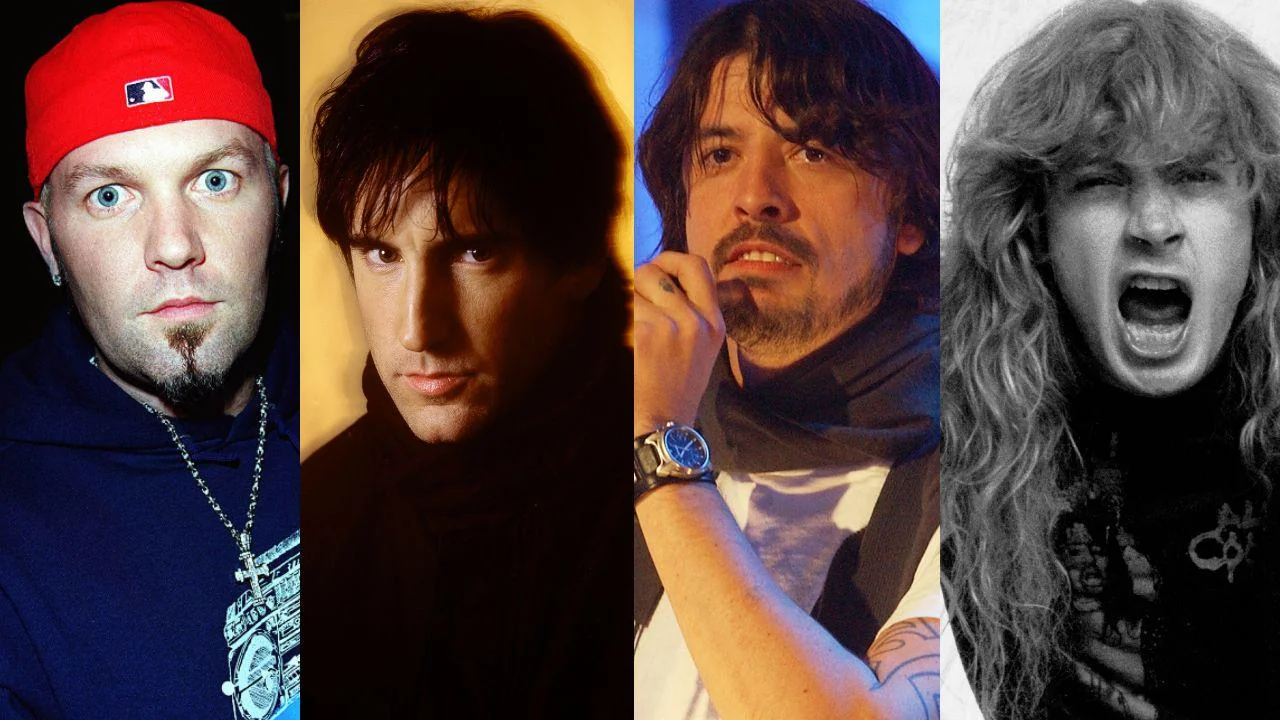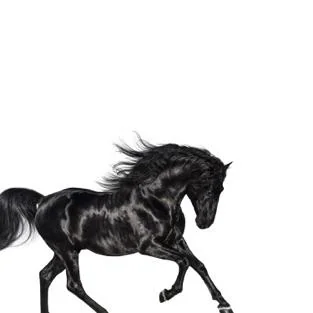Fred Durst set out to swing at Trent Reznor. Instead, the Limp Bizkit frontman wrote a diss track that also cut Reznor a check.
The diss that paid its target
At the height of the nu-metal boom in 2000, Limp Bizkit released Chocolate Starfish and the Hot Dog Flavored Water, an album that moved more than a million U.S. copies in its first week and cemented the band’s peak-era dominance. Tucked into its tracklist was Hot Dog, a snarling, radio-bleeping broadside that jabbed at Nine Inch Nails and Trent Reznor.
Here’s the twist: Hot Dog leaned so heavily on Nine Inch Nails’ words and melodies—folding in recognizable lines and titles from multiple NIN tracks—that Reznor received a songwriting credit on the song. That credit means a piece of every sale and stream flows his way. The diss landed, but the royalties did too.
Why a few borrowed lines can trigger a royalty stream
To non-lawyers, the idea sounds counterintuitive: how does mocking another artist end with paying them? It comes down to the difference between inspiration and interpolation. Sampling uses a piece of an existing sound recording. Interpolation recreates a component of a song—lyrics, melody, or a distinctive hook—without copying the original audio. Both can require permission, and interpolations often lead to the original writers being credited.
Hot Dog didn’t just nod at Nine Inch Nails; it used lyrical and melodic fragments that fans could instantly trace back to songs like Closer and other NIN staples. Rather than risk an infringement fight, Limp Bizkit’s camp did what major labels do when a hit is on the line: they cleared the use and granted credit. The practical effect is simple. When a composition credit includes Trent Reznor, a portion of the publishing income from that song goes to him—no matter what the lyrics say about him.
In pop music, ownership outlasts outrage. Hooks and lines are assets; when you borrow them, the original writers become your silent collaborators.
Culture clash: nu-metal vs. industrial cool
Part of the reason Hot Dog still fascinates is because it captured a real fault line in turn-of-the-millennium rock. Limp Bizkit, all bombast and mosh-pit catharsis, had become the face of mainstream nu-metal. Nine Inch Nails embodied an artier, industrial aesthetic—meticulous, menacing, and self-contained. The clash wasn’t just personal; it was cultural.
Reznor had already spent the late 1990s puncturing celebrity worship and pop’s quick-hit machinery, visually lampooning the era’s personalities in the video for Starsuckers, Inc. (the official title of what many fans know as Starfuckers, Inc.). Hot Dog, in turn, answered from the arena floor—louder and cruder, but engineered to be impossible to ignore. The back-and-forth fed tabloids and message boards in the moment, but the legal paperwork ensured that business obligations outlasted any headlines.
Beef as business model
Musical feuds are often framed as moral battles—authenticity versus clout, artistry versus opportunism. Behind the curtain, they can be savvy business. Spats goose attention, boost airplay, spike streams, and sell tour dates. Labels know this. Artists know this. The public, judging by decades of history from hip-hop to hard rock, rarely looks away.
There is precedent for the paradox of a diss paying its target. In the early 1990s, Dr. Dre’s Dre Day took aim at Eazy-E, but contractual and sampling arrangements helped Eazy profit from the very record meant to bury him. The details differ across cases, yet the lesson is consistent: the machinery of music—publishing, master ownership, distribution—can reroute anger into income in surprising ways.
The paper trail that keeps rewarding Trent Reznor
Reznor, a relentless protector of his catalog, has quietly benefited from that machinery. Nearly two decades after Hot Dog, he and collaborator Atticus Ross saw their names on the credits of Lil Nas X’s Old Town Road. The beat that powered the record-setting hit began with a sample built from the Nine Inch Nails instrumental 34 Ghosts IV. Rather than litigate, Reznor and Ross were credited as writers.
The outcome was more than symbolic. Old Town Road not only smashed streaming records and topped the Billboard Hot 100 for a historic run, it also won Country Music Association honors for Musical Event of the Year. Reznor and Ross—industrial icons whose sonic palette once defined the outer edge of alternative rock—ended up with country music trophies for a viral cowboy rap. If Hot Dog was the oddest tributary of the Reznor revenue river, Old Town Road proved that the river flows well beyond genre borders.
What Hot Dog tells us about how music really works
Strip away the noise and Hot Dog reads like a case study in modern rights management. Popular music is a maze of copyrights and clearances. The creators who own distinctive phrases, melodies, and motifs don’t need to win the culture war to win the ledger. They just need to ensure their work is properly registered and policed.
For fans, the story lands with a certain poetic justice. Durst, a longtime admirer of Nine Inch Nails, took aim at a hero-turned-antagonist with a song that couldn’t resist the gravitational pull of Reznor’s writing. The industry’s answer was not moral judgment but paperwork: give credit, divide the royalties, move on. The diss remains in the time capsule; the publishing checks keep arriving.
- Borrow a hook or a lyric and you’re likely borrowing a writer, too.
- Beefs burn hot, but publishing is slow, steady, and undefeated.
From shock value to staying power
Two decades after nu-metal’s peak, Chocolate Starfish and the Hot Dog Flavored Water is a period piece that still sparks debates about taste and excess. Nine Inch Nails, meanwhile, has largely stepped outside the fray, focusing on film scores, experimental releases, and carefully curated tours. Yet the lines between them remain etched in the metadata of a single song.
The irony is hard to improve upon. In a genre that prizes dominance, the most undeniable victory is often administrative: control the composition, and you play a long game the charts can’t measure. Hot Dog began as a shot across the bow and ended as a reminder that in music, ownership is the ultimate comeback.


